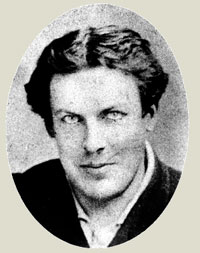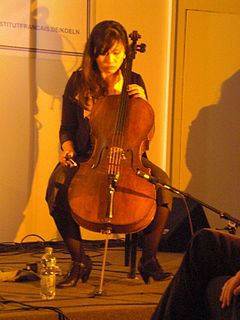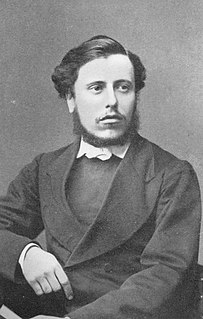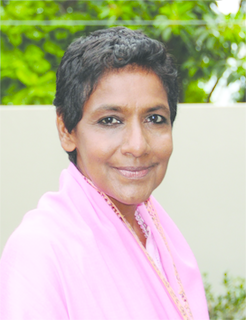A Quote by James Kenneth Stephen
Birthdays? yes, in a general way;
For the most if not for the best of men:
You were born (I suppose) on a certain day:
So was I: or perhaps in the night: what then?
Related Quotes
Have you not done tormenting me with your accursed time! It's abominable! When! When! One day, is that not enough for you, one day he went dumb, one day I went blind, one day we'll go deaf, one day we were born, one day we shall die, the same day, the same second, is that not enough for you? They give birth astride of a grave, the light gleams an instant, then it's night once more.
In the final exam in the Chaucer course we were asked why he used certain verbal devices, certain adjectives, why he had certain characters behave in certain ways. And I wrote, 'I don't think Chaucer had any idea why he did any of these things. That isn't the way people write.' I believe this as strongly now as I did then. Most of what is best in writing isn't done deliberately.
I do not think I ever opened a book in my life which had not something to say upon woman's inconstancy. Songs and proverbs, all talk of woman's fickleness. But perhaps you will say, these were all written by men." "Perhaps I shall. Yes, yes, if you please, no reference to examples in books. Men have had every advantage of us in telling their own story. Education has been theirs in so much higher a degree; the pen has been in their hands. I will not allow books to prove anything.
I also just get so ecstatic hearing and feeling the noise in general and it still makes me giggle inside playing certain sounds. One of the downsides is that in order to produce certain sounds, I'm totally using my arms the wrong way and sometimes that worries me. But then that physical strain puts me in a different state of mind to bring out different dimensions in the music, I suppose.
Without any extraordinary effort of genius, I have discovered that nature was the same three thousand years ago as at present; that men were but men then as well as now; that modes and customs vary often, but that human nature is always the same. And I can no more suppose, that men were better, braver, or wiser, fifteen hundred or three thousand years ago, than I can suppose that the animals or vegetables were better than they are now.







































